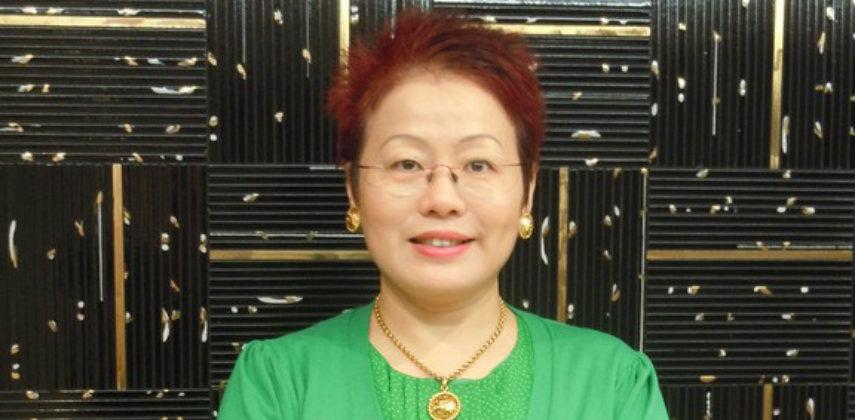To get the best out of Generation Y recruits, employers are developing a new set of strategies and tactics. They know that future business growth will depend on harnessing the talent and enthusiasm of younger people now coming into the workplace. And they have already seen how that requires a certain amount of give and take.
However, one anomaly often comes to light. For all the good intentions and long-range planning, HR departments seem to have comparatively few younger generation staff among their ranks. This leaves many HR managers with a very real problem. On the one hand, they are asking all the pertinent questions about what Gen Y really wants. On the other hand, too many of the answers are drawn from hearsay or second-hand reports, rather than from an “in-house expert”.
The implications are clear: assumptions and partial guesswork get you only so far. Training schemes and mentoring programmes must be carefully targeted and well thought out. Unless there is a good appreciation of what Gen Y expects and why, it is more difficult, time-consuming and costly to integrate staff and iron out the day-to-day issues that always arise.
In the past few years, Tamty McGill Consultants International has conducted surveys specially looking at Gen Y. The objective is to help employers understand the main characteristics and preferences, reasons behind them, and how they affect behaviour in the workplace.
From these findings, companies are able to rethink policies and develop appropriate strategies. By doing so, they can tap more effectively into Gen Y’s talents, avoid misunderstandings, set ground rules, and emphasise that corporate values and teamwork are essential for any organisation to achieve sustained success.
In asking what matters most to Gen Y workers, surveys generally find that “monetary compensation and benefits” and “interest and fun” top the list. Companies seen to score highly in those areas have the best chance of attracting applicants.
Without completely revamping their corporate philosophies, HR executives are taking this on board. For example, in on-campus presentations and recruitment interviews, employers may now put less stress on factors like professional advancement, job security, or a flexible timetable. During the training phase and beyond, they may also pay closer attention to striking the right tone in mentoring relationships.
A point to emerge from survey responses is that there are four different styles of mentoring. The senior partner in these arrangements can be directive, providing instructions and rules, or supportive, offering help and advice as and when needed. A collaborative mentor allows more freedom to experiment and acts like a teammate, while someone achievement-oriented pushes the “pupil” a bit more with targets and ongoing feedback.
Employers tend to think the collaborative approach works best and is preferred by Gen Y. However, when asked their views, the majority of Gen Y actually preferred the supportive approach, allowing them greater scope to find their own way into a role and into the company, while knowing advice and guidance are always at hand.
This tallies with other findings which show that Gen Y employees want to take ownership of their jobs as soon as they can. An early aim is to be involved in the decision-making process going on around them and to feel engaged in wider aspects of the company’s business.
Despite advances, there are still some big differences between what employers see in Gen Y and how members of that younger group of recruits perceive themselves. HR managers, though, can start on the right foot by adopting a few basic guidelines.
It pays to remember that informal communication and casual chats work better with Gen Y than more rigid instruction. Mentoring is far more effective if it allows for continuous feedback. Motivation is usually not an issue: people want to contribute and succeed. And encourage a mindset where setting – and achieving – targets is the norm.
Virginia Choi is managing consultant and country manager of Tamty McGill Consultants International and has more than 25 years’ training experience


